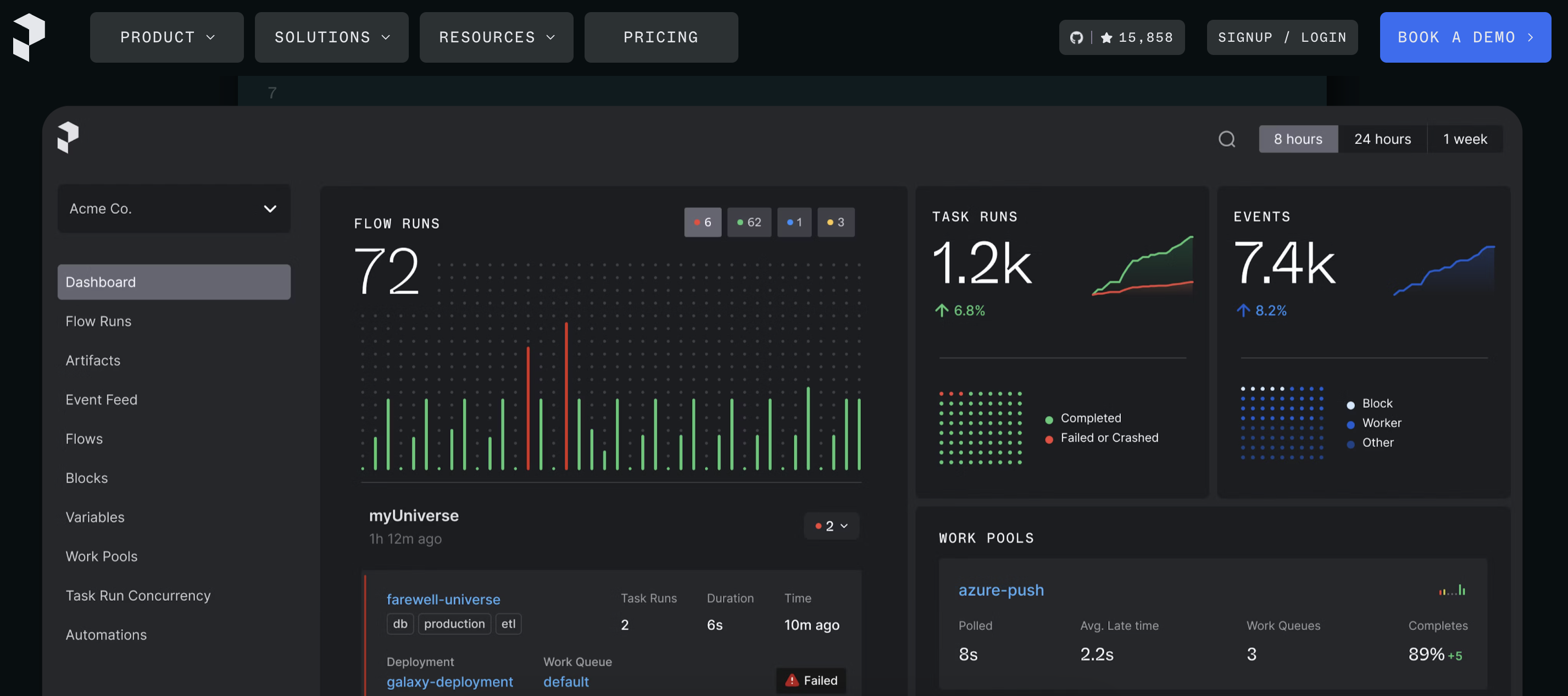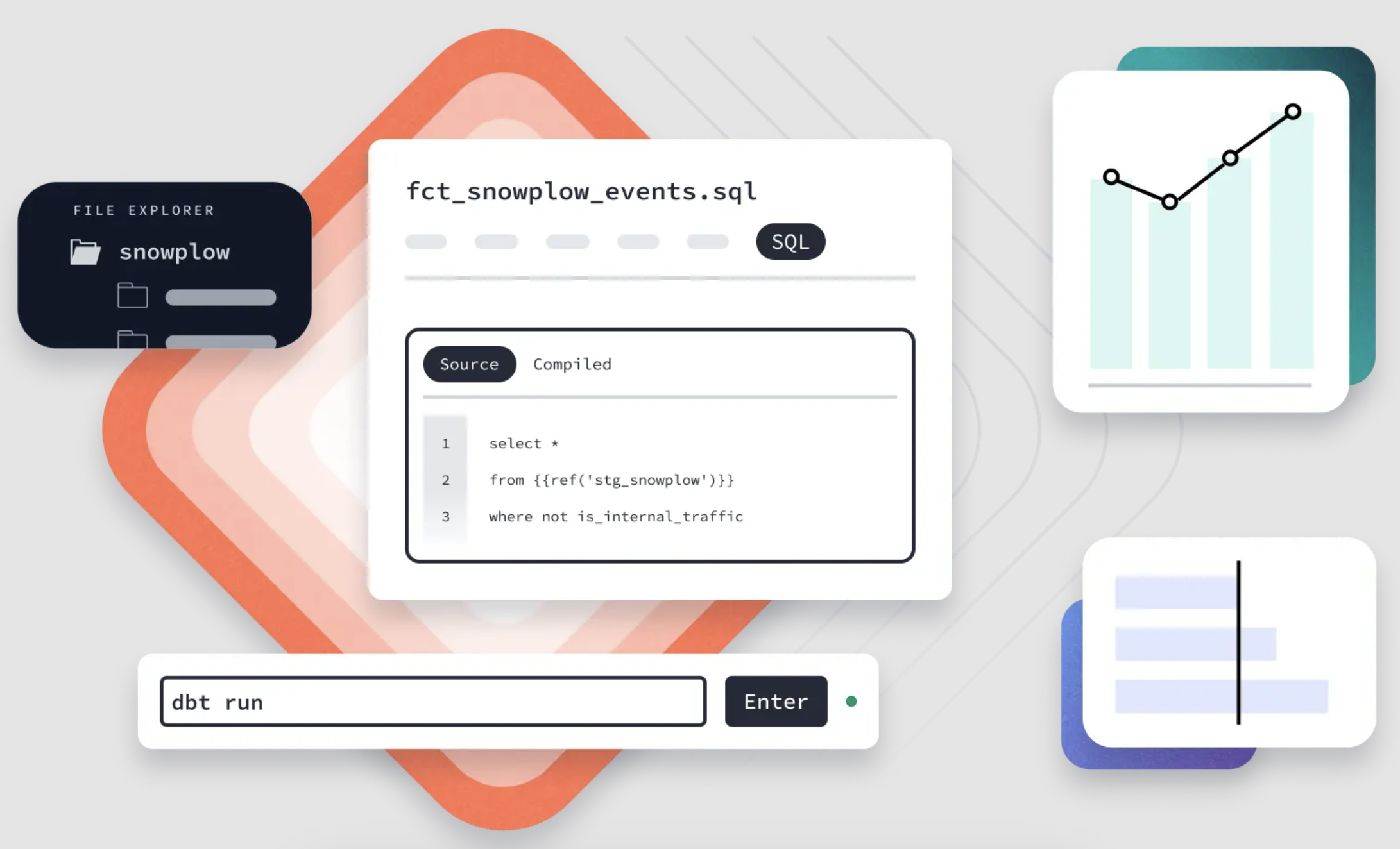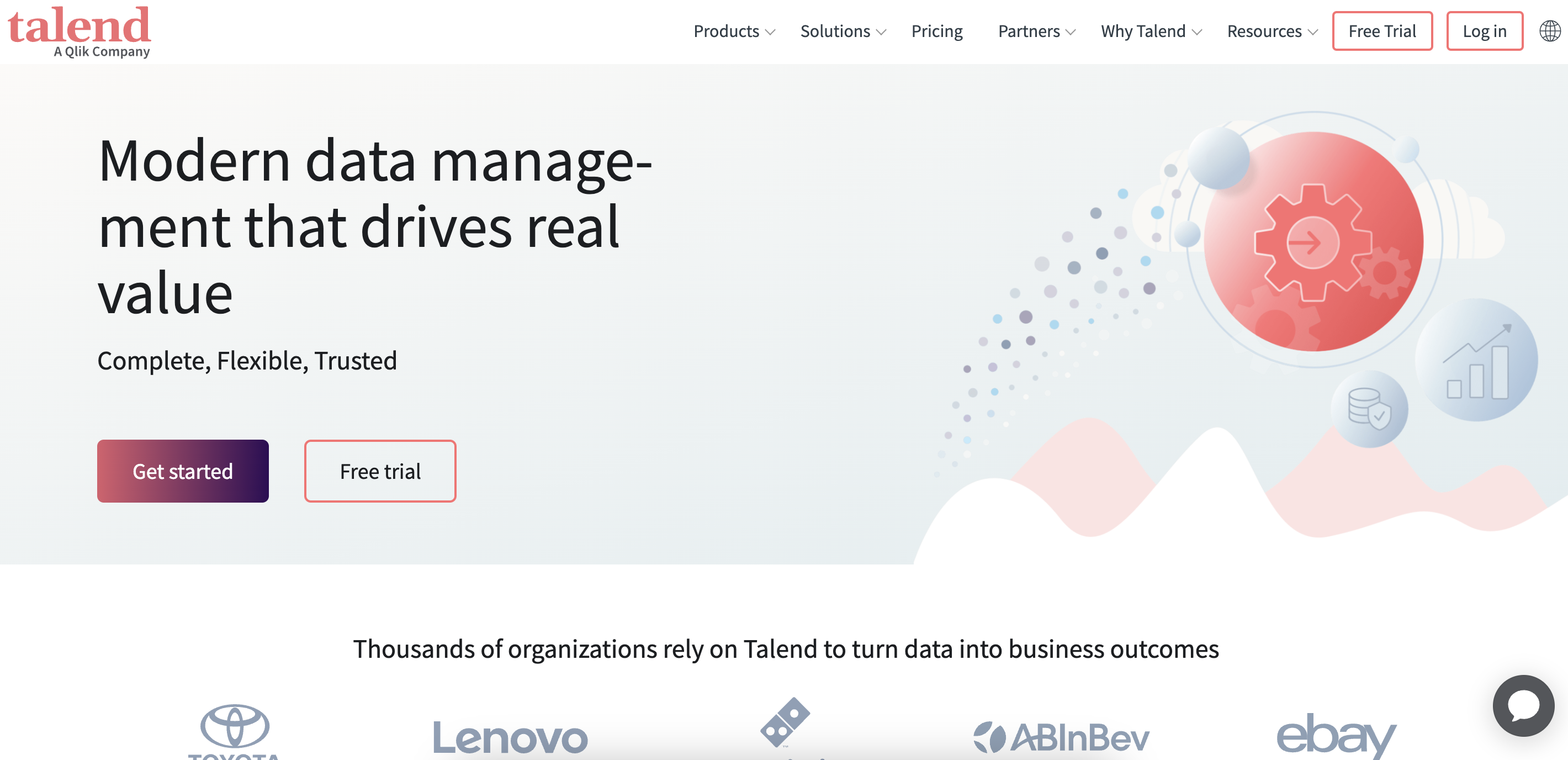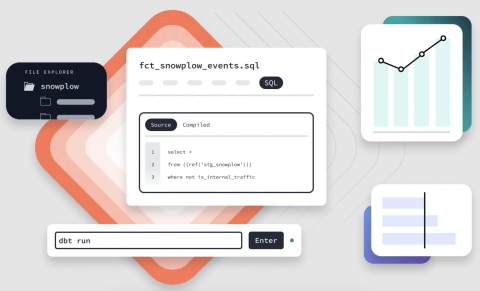
The increasing complexity of data in modern organizations has given rise to the need for more agile and efficient practices. DataOps emerges as a response to improve data management, optimize workflows, and foster greater collaboration between IT teams and data analysts.
In this blog, you will find key tools that help implement DataOps effectively, allowing companies to improve their agility and responsiveness.
What is DataOps?
DataOps is a methodology that combines DevOps principles with data management. Its main objective is to optimize the data lifecycle, from integration and storage to analysis and delivery, ensuring quality and reliability. Adopting the right tools is crucial to successfully implement DataOps and maximize the benefits of this methodology.
1. Prefect: Workflow Orchestration
Prefect is a powerful platform that enables the orchestration and automation of data workflows. This tool is key in a DataOps environment because it facilitates the management and execution of data pipelines, ensuring that all tasks are completed efficiently and without errors. Prefect also has an intuitive interface that allows teams to monitor and debug workflows in real time.
Advantages of Prefect:
- Scalability in the execution of workflows.
- Real-time monitoring.
- Ease of error detection and correction.

2. Apache Airflow for DataOps
Apache Airflow is a widely used open source tool for creating, scheduling, and monitoring complex workflows. Airflow allows DataOps teams to design data pipelines in a flexible and modular way, integrating different data sources and destinations. It is ideal for automating tasks and facilitates collaboration between teams.
Advantages of Apache Airflow:
- Flexibility to manage different types of data.
- High level of customization.
- Large support community.
3. dbt (Data Build Tool): Data Transformation in SQL
dbt is a tool that enables data analysts and scientists to efficiently transform and model data using SQL. This platform facilitates the development and maintenance of data transformation pipelines, ensuring data consistency and quality. In the context of DataOps, dbt is a key solution to ensure that transformed data is accurate and aligned with business objectives.
Advantages of dbt:
- Direct integration with popular databases.
- Automation of data quality testing.
- Capability of versioning and documentation of data models.

4. Kubernetes for DataOps
Kubernetes is an open-source platform that enables the automation of deployment, scaling, and management of containerized applications. In a DataOps strategy, Kubernetes makes it easy to create scalable and resilient environments to handle large volumes of data and workflows. With Kubernetes, teams can efficiently orchestrate the necessary resources, ensuring that data applications operate smoothly.
Advantages of Kubernetes:
- Automatic scalability.
- Efficient resource management.
- Integration with multiple data and analytics tools.
5. Talend: Data Integration
Talend is a comprehensive data integration platform that helps connect, transform, and manage data from diverse sources in real time. Its focus on automation and data quality makes it an essential piece in the implementation of DataOps. Talend facilitates data cleansing, enrichment, and migration, allowing companies to maintain high standards of quality and compliance.
Advantages of Talend:
- Integration with multiple platforms and data sources.
- Focus on data quality and governance.
- Real-time processing.

6. Jenkins: Continuous Integration Automation
Jenkins is a widely known tool for its ability to automate continuous integration and deployment processes. In the context of DataOps, Jenkins is used to integrate new data, test pipelines, and ensure that data deployments are always up-to-date and error-free. Jenkins also facilitates the integration of new tools and technologies within the data lifecycle.
Advantages of Jenkins:
- Extensive integration capabilities.
- Automation of testing and deployments.
- Flexibility and customization.
7. Git: Version Control and Collaboration for DataOps
Git is one of the most important tools for version control and collaboration between teams. In a DataOps strategy, Git allows data teams to version scripts, models, and configurations, ensuring that any changes are tracked and reversible. Collaboration between development and operations teams is facilitated by the use of Git, by allowing for an agile and coordinated workflow.
Advantages of Git:
- Robust version control.
- Collaboration between distributed teams.
- Ease of reverting changes or resolving conflicts.
Effective DataOps implementation depends largely on the adoption of appropriate tools that enable automation, collaboration, and data quality control.
From workflow orchestration with Prefect and Apache Airflow, to data transformation with dbt, and deployment automation with Kubernetes, these tools help enterprises optimize their data infrastructure and improve data-driven decision making.
Adopting the right tools not only makes data management easier, but also boosts organizations’ agility and responsiveness.


